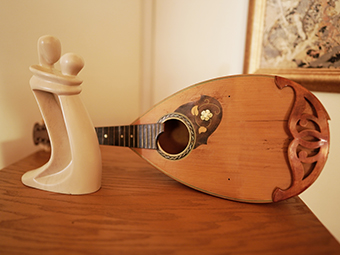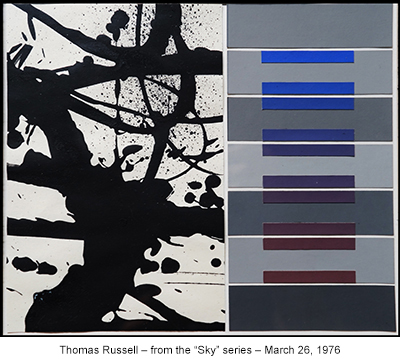Mario Mattia is an improvisational pianist, classically trained, a graduate of the New England Conservatory of Music. His improvisations are an amalgam of many musical styles and genres. As a young boy, he fell in love with many jazz artists including personal favorites Ella, Art, Oscar and Myles. His classical piano studies gave him Bach, Chopin, Brahms, Mozart. Symphonies and chamber works opened the world of Bartok, Stravinsky, Mahler among many others. His non-tonal world opened with exposure to Schoenberg, Webern, Carter, Boulez et al. And among improvisational artists, Keith Jarrett and Chick Corea are major influences. Ambient music has also been impactful, with his primary inspiration coming from Brian Eno.
Rock, progressive in particular, played a role – King Crimson, Yes, Pink Floyd, Frank Zappa, Genesis, Dream Theater and Symphony X are among favorites.
In his late twenties and thirties, his musical focus included his progressive rock band, Möbius which he founded and directed. He composed all the music as well as transcribing classical pieces (Bartok Bulgarian Dances for example) for the band. During that time, he also composed several film scores for RI based organizations (PBS/R.I. and Bradley Hospital) as well as privately teaching piano, composition, and theory. In his forties, he found his musical voice – improvisational piano.
His improvs are not composed or in any way pre-conceived. They are extemporaneous journeys. He sits at the piano, eyes closed, and when freed of any intrusions, presses the record button (if recording) and begins to play. Where the improv will travel in terms of length, tonal and/or non-tonal influences, rhythm, form, tempo, etc., develop with no pre-determined notions. His frequent improvisational journeys, whether recorded or not, are, for him, highly meditative, stopping the world completely and launching him into the sonic beyond. May they be for you as well.
As the Möbius represents infinity, his improvs explore the infinite possibilities of musical form and structure. His improvs fall into three genres:
Tonal - (meditative)
Non - tonal - (abstract)
Tonal - Non-tonal - (freeform).
His three separate album releases reflect each of these genres. Note that the Vol. 1 series consists primarily of improvs he recorded between 2000 and 2005. However, one is from 2011, one from 2014, and one from 2019 (representative of his latest work).
Selected Improvisations Volume 1, and
Improvisations Volume 2 are now available for
streaming as well as for
downloading on this site.
Everything he knows, everything he feels, are expressed through his improvs. It is his hope that the improvs provide a worthy voice to your listening experience.

